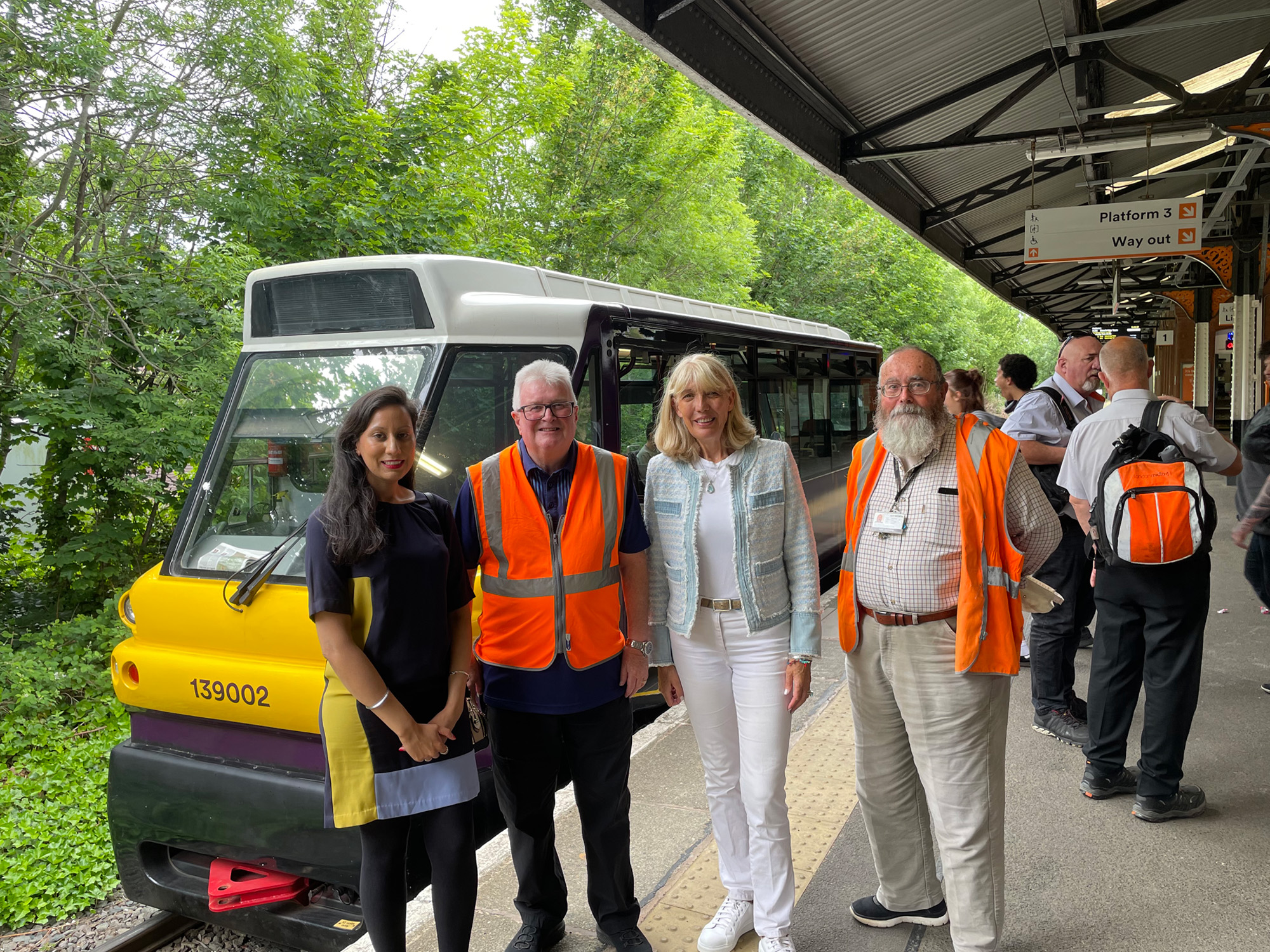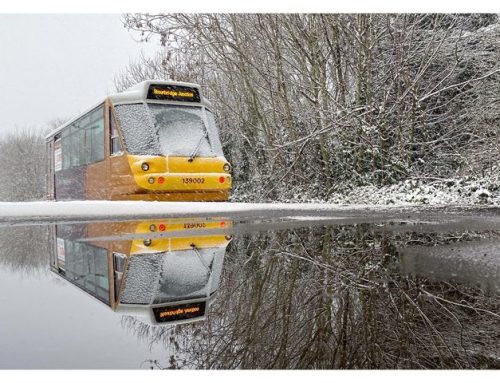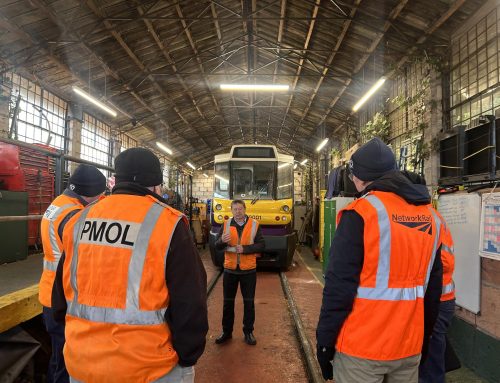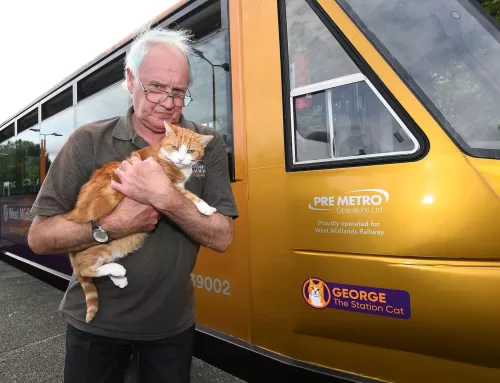
Pre Metro’s Q2 2025
From board-level transitions to growing political backing for local rail, this second quarter has reaffirmed our core commitment: to deliver cost-effective, demand-led services that respond directly to local needs.
In April, Pre Metro appointed Steve Jasper as our new Chairman, marking a seamless and forward-looking leadership transition. The handover was structured to preserve continuity while maintaining strategic direction as we enter a critical phase of growth. The board remains focused on governance excellence and delivering real-world transport outcomes across the West Midlands.
May saw Dudley MP Sonia Kumar visit our Stourbridge operations to learn more about the Dasher proposal, our VLR proposal linking Stourbridge to Brierley Hill and Dudley via existing corridors.
Her visit follows months of cross-party engagement and business community backing, underscoring growing momentum for this innovative and affordable alternative to traditional heavy rail or tram extensions. The support of elected leaders reinforces what we’ve long known: local communities want efficient, accessible rail solutions now, not in a decade.
In June, Pre Metro proudly supported the launch of the Stourbridge Music Scene Map, a creative project celebrating the town’s rich musical heritage and grassroots venues.
Designed by local illustrator Stacy Hammond and supported by Stourbridge Councillor Andrew Tromans, the map highlights the artists, record shops, and hidden gems that have shaped Stourbridge’s cultural identity. Free copies were distributed through local shops and community hubs.
After the event, new Chairman Steve Jasper said, “Much like our work on the Stourbridge Shuttle and the proposed Dasher project, this map is about celebrating what makes our town unique and accessible – in this case, through the lens of music.”
Across the period, we also published several commentaries both online and in print media regarding the future of UK transport funding, calling for a rethink of how and where public investment is allocated.
Rather than defaulting to mega-projects with high capital outlay and long timelines, we’ve consistently advocated for an “upscaling” approach: starting with agile, low-cost services like the Stourbridge Shuttle and proposed Dudley Dasher, and building from there based on performance and demand. It’s a strategy rooted in accountability, value for money, and real passenger outcomes.
As we move into the second half of the year, we remain focused on building momentum, locally and politically, to help deliver a more connected, accessible, and sustainable future for public transport.


